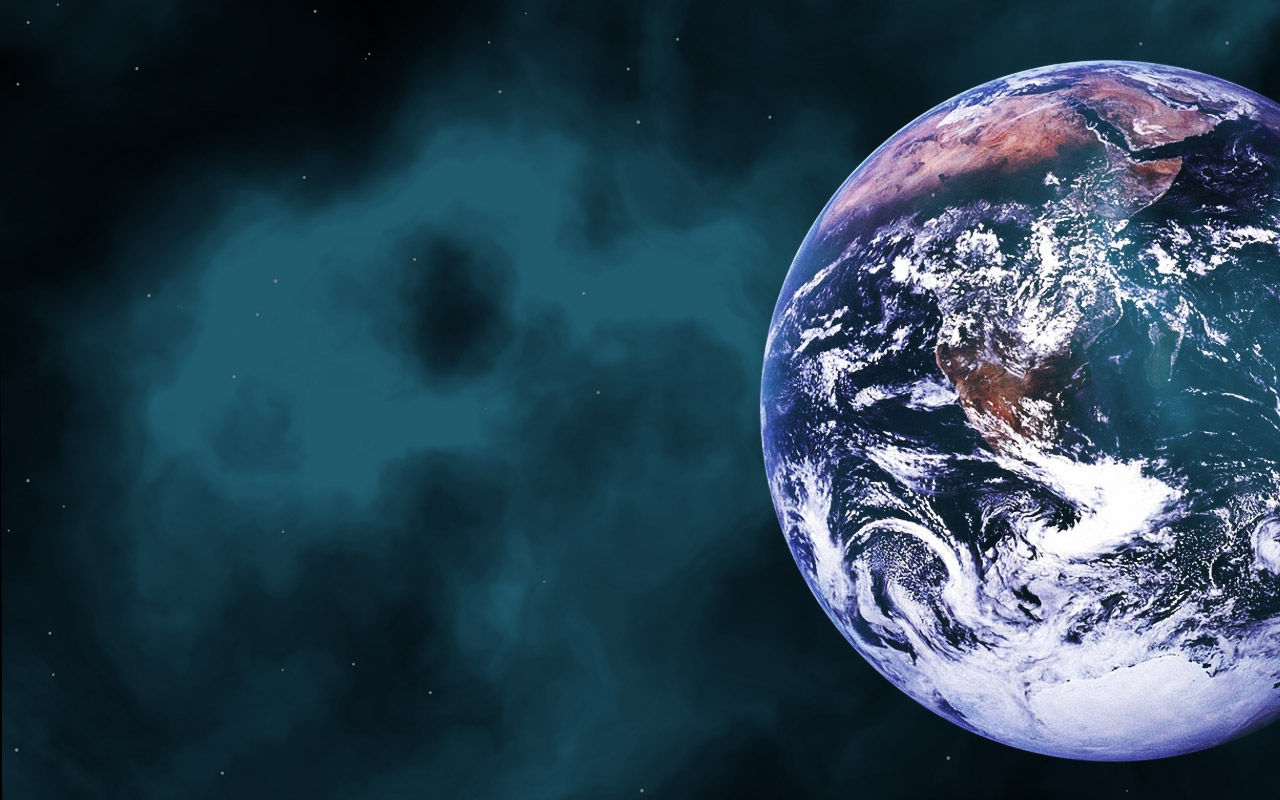
Global Sea Levels Are Rising
By REBECCA CROSS
Global sea levels are a central issue in today’s news as they have risen in the recent century, and scientists predict similar results in the future. NASA reports, “Global sea level rose about eight inches in the last century. The rate in the last two decades, however, is nearly double that of the last century and is accelerating slightly every year.”
The rise of sea levels is attributed to one major occurrence: the rising temperature of the Earth’s atmosphere. While the greenhouse effect - the entrapment of heat energy in the Earth’s atmosphere by greenhouse gases - maintains a temperature that makes the planet inhabitable, increased fossil fuel production has prompted global warming.
One of the main effects of global warming is the rise in global sea levels. According to the National Oceanic and Atmospheric Administration, “The oceans are absorbing more than 90 percent of the increased atmospheric heat associated with emissions from human activity.” Therefore, the Earth’s increased temperature contributes to the melting of land masses (glaciers and ice sheets) and expansion of seawater as it warms. Ultimately, as industrial activity increases, global sea levels will continue to rise.
The warming of the oceans produces dire effects insofar as increasing weathering, changing certain climates, and harming ecosystems. For instance, NASA reports, “The Greenland and Antarctic ice sheets have decreased in mass. Data from NASA's Gravity Recovery and Climate Experiment show Greenland lost an average of 286 billion tons of ice per year between 1993 and 2016, while Antarctica lost about 127 billion tons of ice per year during the same time period.” As a result, marine life in the polar regions is negatively impacted as its habitats are melting, and thus, will eventually cease to exist.
Meanwhile, scientists predict impacts in weather, as NASA describes, “In the next several decades, storm surges and high tides could combine with sea level rise and land subsidence to further increase flooding in many regions.” While many major global cities are near coasts, increased flooding would be especially detrimental to human life.
As many worry for the future, scientists stress many to take action. There are simple things that one can do to push this issue in a positive direction. For instance, reducing the amount of greenhouse gases that are produced. Switching off the light when leaving a room (to reduce unnecessary electricity usage), using less hot water, and walking to local places are all ways to reduce greenhouse gas emissions, and in turn, help to decrease the rise of global sea levels.
Works Cited
"Climate Change: How Do We Know?" Nasa.gov, Global Climate Change: Vital Signs of the Planet, climate.nasa.gov/evidence/. Accessed 25 Oct. 2019.
"The Effects of Climate Change." Nasa.gov, Global Climate Change: Vital Signs of the Planet, climate.nasa.gov/effects/. Accessed 25 Oct. 2019.
National Ocean Service. "Is Sea Level Rising?" https://oceanservice.noaa.gov, National Oceanic and Atmospheric Administration, oceanservice.noaa.gov/facts/sealevel.html. Accessed 21 Oct. 2019.
